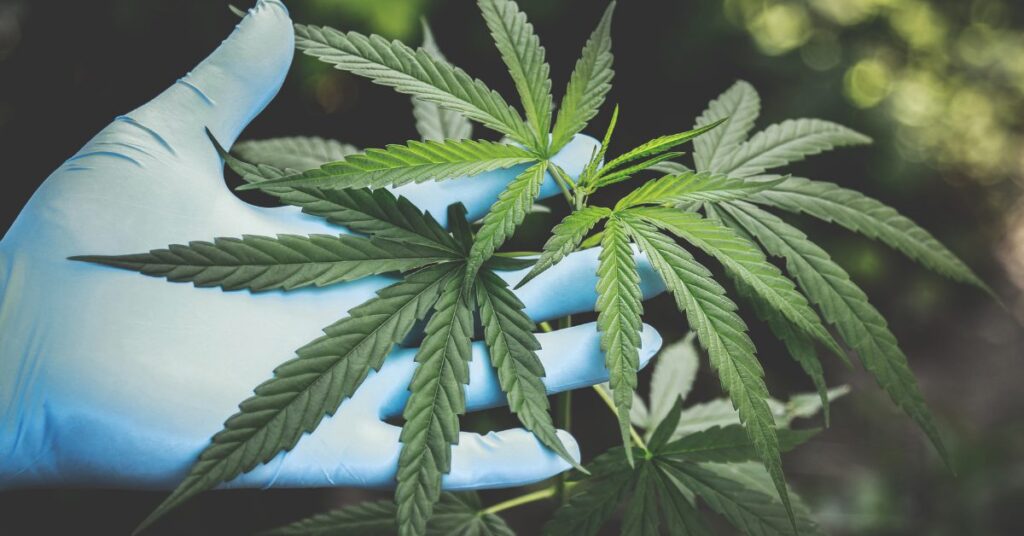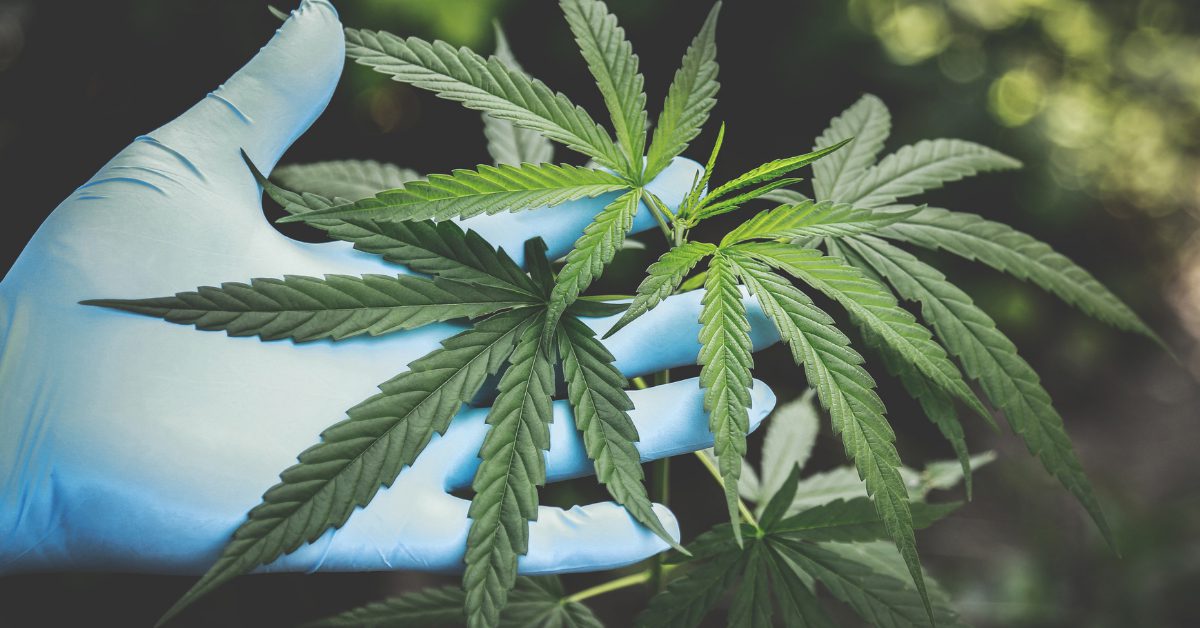Marijuana is a substance that consists of the dried flowering parts of the Cannabis Sativa plant. Marijuana is also known by several slang names: weed, MaryJane, pot, ganja, bud, tree, and herb. Marijuana is the most commonly used federally illegal substance in America, with over 49 million Americans admitting to using it each year. (CDC Stats)
Marijuana can be smoked via pipe, bong, or rolled into a cigarette or cigar wrapper. It can also be ingested via tea or edibles and vaporized. The main psychoactive aspect of marijuana is a chemical called delta-9-tetrahydrocannabinol, or THC. However, over 500 other chemical compounds in the plant can also induce mind-altering effects.
With a substance being so popular among the population, it is important to gather and recognize any health risks that may be associated with its use. In America, where pot is increasing in popularity and even becoming legalized in many states, you may hear that it is safe to use, that there are no last effects, and that it’s ok to use it, that it doesn’t cause addiction or isn’t addicting itself. Are these statements valid, or are they just hearsay?
Marijuana As a “Gateway Drug”?
It has been long said that marijuana is the “gateway drug”. But, what exactly is a gateway drug, and is marijuana really one? A gateway drug is one that is said to be easier to get, less dangerous and is oftentimes the first substance and individual uses. The gateway drug “theory” emphasizes that individuals first try a more easily accessible, less dangerous substance, and after using that substance, the brain is then hardwired to seek out stronger, more dangerous substances.
The first falsity here is that one substance is less dangerous than another. Each substance comes with its own risks and effects, and thus none should be coined safer than another. The next falsity is that there has been little research on the subject that actually links marijuana use to later life addiction. Research has shown that regardless of what substances an individual may use first, outside factors play a large role in moving on to a different substance.
These outside factors include (but may not be limited to) genetics, environment, mental health, social contexts, and substance availability. While marijuana use in adolescents can lead to an increased risk of addiction issues later on in life, it is a collective of all factors that can determine if an individual may have a substance use disorder. However, it is important to note that just because the gateway drug theory cannot be solidified, it does not mean that marijuana use does not come with risks.
Side Effects and Health Risks of Marijuana Use
It was assumed that marijuana use came with no ill side effects for years. Many thought the substance was safe to use and recreationally partook with no concern. However, due to recent advancements in technology and research, we have learned that this may not be the case. Recent studies have shown that marijuana use does come with health risks.
The first risk comes from adolescents. During adolescents, the brain and body are still growing and developing. Introducing marijuana to the body during this time can alter and change the development. Research has shown that teens that use marijuana are at risk for developing difficulty processing thoughts, problem-solving issues, delayed judgment, memory issues, coordination issues, and lower IQ.
For adults, the effects can be just as detrimental. Depending on other factors, adults may turn to other substances. As a result, there is an increased risk for mental health disorders such as anxiety, depression, and thoughts of suicide. In addition, inhaling the smoke from marijuana can cause damage to the lungs and lung tissue, resulting in coughing and bronchitis, and increased mucus production.
Marijuana use can affect the heart, as well. Studies have shown that marijuana use can increase heart rate and blood pressure and that when smoked, it can increase the risk of stroke, heart attack, and other vascular diseases. It doesn’t stop there, though. New studies have shown that marijuana use could lower bone density.
Learn More About Marijuana Use Disorder
While it was thought that marijuana is not addicting for decades, research has shown that addiction to marijuana use can happen. According to the CDC, marijuana use disorder is characterized by the following:
- Using more marijuana than intended
- Trying but failing to quit using marijuana
- Spending a lot of time using marijuana
- Craving marijuana
- Using marijuana even though it causes problems at home, school, or work
- Continuing to use marijuana despite social or relationship problems.
- Giving up important activities with friends and family in favor of using marijuana.
- Using marijuana in high-risk situations, such as while driving a car.
- Continuing to use marijuana despite physical or psychological problems.
- Needing to use more marijuana to get the same high.
- Experiencing withdrawal symptoms when stopping marijuana use.
(cdc.gov)
While research is still being done to answer all of the questions so many have about marijuana and its use, it is clear that the facts are changing. Marijuana use may lead to immediate severe health issues, long-term health issues, and addiction. Therefore, it is important to discuss your use of marijuana with your medical team to ensure that you remain safe physically and mentally during use.
Start Treatment for Drug Addiction at Evoke Waltham
Here at Evoke Waltham, we are available to help no matter what time of the day or night. Our focus is centered on patient values and always adhering to the best drug and alcohol treatment practices. We understand that each patient requires an individualized approach to achieving their recovery goals.
As a result, we offer both Day Treatment and Night Treatment levels of care to cover the gap between different levels of progression in the disease of addiction. Our staff of highly trained, highly qualified individuals is here for you every day, all day. But, you don’t have to do this alone. Call us today to start your journey to recovery now.



